Premium Only Content
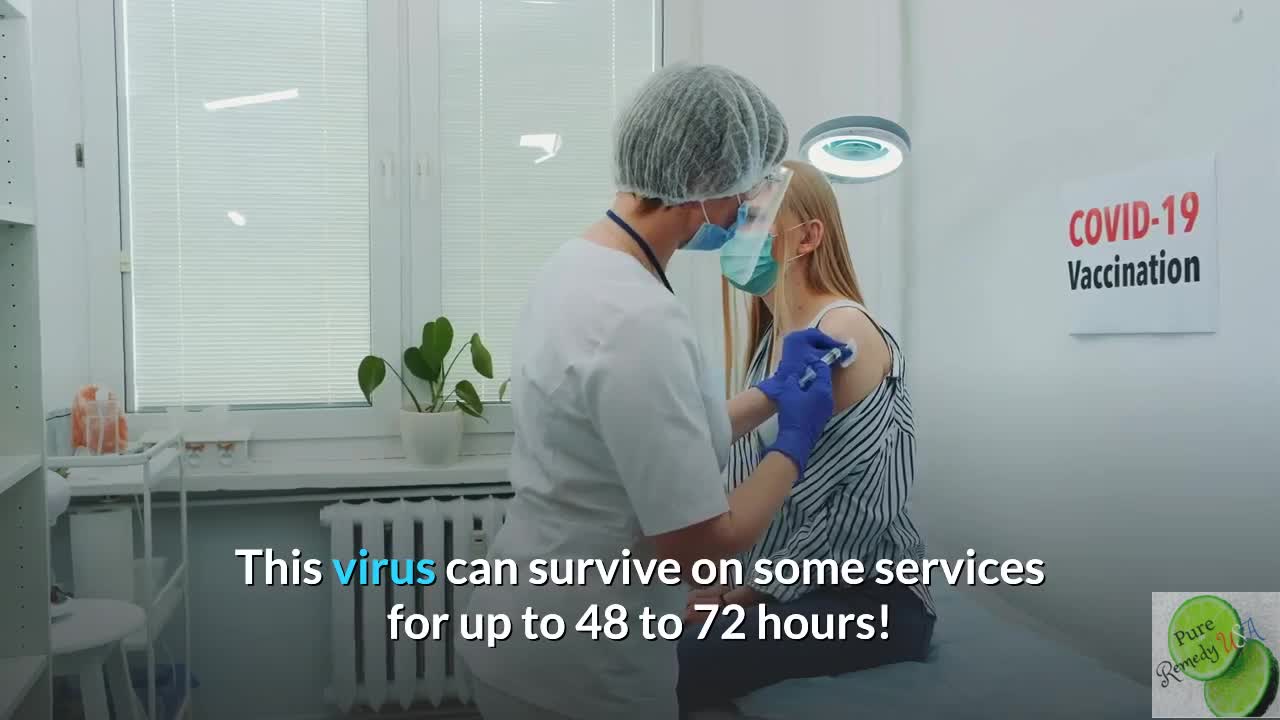
What You Need To Know About Breast-feeding
Visit us on pureremedyusa.com/breastfeeding
You’re doing a great job of protecting yourself and others from the new coronavirus SARS-CoV-2. including physical distancing and washing your hands frequently. But what’s the deal with breastfeeding during this time?
Fortunately, protecting your little ones is similar to protecting yourself, even when it comes to your very little one who’s breastfeeding.
Some encouraging news: Researchers haven’t yet found SARS-CoV-2 in breast milk, though research is limited.
Two case studies — yes, just two, which is not enough to draw conclusions — from China report that the new coronavirus wasn’t found in the breast milk of either woman who became ill with COVID-19 late in their last trimester.
Both women had healthy babies who didn’t have a coronavirus infection. The mothers avoided skin contact with their newborn babies and isolated themselves until they recovered.
Additionally, while we are still learning about SARS-CoV-2, scientists do know its closest relative, SARS-CoV, very well. This coronavirus hasn’t been found in breast milk, either.
But more medical studies are needed. Call your doctor if you’re unsure about whether to breastfeed your baby.
-So with this in mind, what are the guidelines for breastfeeding?
If you can breastfeed your baby, it’s important to keep it up. But there are special guidelines to protect your baby during this pandemic.
Researchers know that SARS-CoV-2 is spread mainly through tiny droplets in the air when a person who’s carrying the virus sneezes, coughs, or talks. In fact, this virus likes to move into the nose before it even causes symptoms in some people.
Unfortunately, you can pass the virus on before you get symptoms, and even if you never have symptoms but are carrying it.
While we’ve already established that you likely can’t pass on the new coronavirus through your breast milk, you can still pass it through droplets from your mouth and nose or by touching your little one after coming in contact with your face or these droplets.
So it’s especially important to follow these guidelines if you have COVID-19 symptoms or think you might have been exposed to the virus:
-Wash your hands:
You would wash your hands carefully before touching your baby in any case. Now, it’s vital to wash your hands frequently, especially before and after you pick up your baby or handle baby bottles and other baby items.
-Wear a mask
Perhaps you’re already used to wearing one when you go out, but in your own house?! If you’re breastfeeding, then yes. If you have any symptoms of COVID-19 or have even an inkling that you may have it, wear a mask while you’re breastfeeding your baby. Wear it even if you don’t have symptoms.
Also, wear a mask while you are holding, changing, or talking to your baby. This will likely be uncomfortable for you — and startle or distract your little one at first — but it can help prevent a coronavirus infection.
-Disinfect surfaces
Clean and disinfect anything you’ve touched with an alcohol-based cleaner. This includes countertops, changing tables, bottles, and clothing. Also, clean surfaces that you haven’t touched that might have air droplets on them.
Carefully clean and disinfect everything that might touch your baby. This virus can survive on some services for up to 48 to 72 hours!
-Pump breast milk
You can also pump your breast milk and have your partner or a family member feed your baby. Don’t worry — this is temporary. Wash your hands and clean any area of skin the breast pump will touch.
Ensure that the bottle is completely sterile by placing it in boiled water between feedings. Disinfect the breast milk parts carefully with boiled water or soap and water.
-Keep baby formula on hand
You don’t have to breastfeed if you feel you are ill or have symptoms of COVID-19. Keep baby formula and sterile baby bottles on hand ready to go, just in case
-
 6:33
6:33
KTNV
4 years agoWhat You Need to Know About Digital Marketing
459 -
 2:49
2:49
KTNV
4 years agoWhat You Need to Know About Medicare Annual Enrollment
86 -
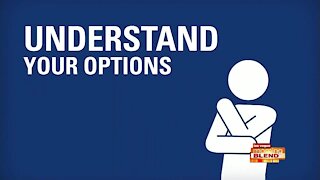 4:28
4:28
KTNV
4 years agoWhat You Need to Know about Prostate Cancer
6931 -
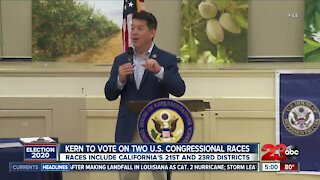 2:21
2:21
KERO
4 years agoWhat you need to know about Kern's U.S. Congressional races
120 -
 2:32
2:32
KJRH
4 years agoWhat you need to know about in person early voting
1301 -
 24:37
24:37
WSYM
4 years agoWhat You Need To Know About Applying For Jobs!
26 -
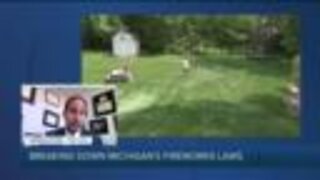 2:57
2:57
WXYZ
4 years agoWhat you need to know about Michigan's fireworks laws
83 -
 4:37
4:37
KERO
4 years agoWhat businesses need to know about new permits
45 -
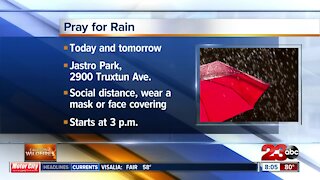 1:15
1:15
KERO
4 years agoHere's what you need to know about this weekend in Kern County
77 -
 3:44
3:44
WFTX
4 years agoWhat You Should Know About Amendment 4
473